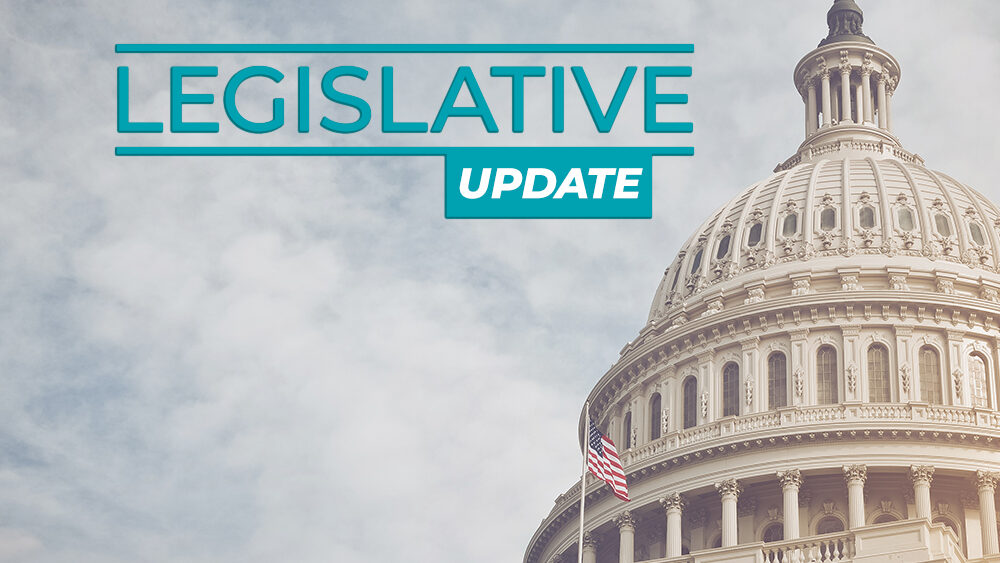The omnibus appropriations bill that passed at the end of 2022 missed a critical opportunity to restore and expand affordable housing production at a time of skyrocketing need. The Consolidated Appropriations Act of 2023 (H.R.2617) did not include tax “extenders,” disaster tax relief, or any other tax provisions that often accompany a year-end spending bill, aside from several tax provisions in a separately negotiated, bipartisan retirement savings package. Low-Income Housing Tax Credit (Housing Credit) provisions were widely acknowledged to be considered for inclusion if such a tax package did materialize, but negotiations on a more fulsome tax package never progressed due to broader partisan disagreements over extensions of certain tax credits for businesses and families.
As a result, many widely supported, bipartisan tax proposals were left unfinished at the end of the 117th Congress, and two Housing Credit priorities were among them. These proposals to restore the expired 12.5 percent Housing Credit allocation increase and lower the “50 percent test” bond financing threshold would have expanded affordable housing supply by more than 1.5 million affordable homes over the next decade, and there was strong bipartisan support for their inclusion in year-end legislation. The AHTCC enters 2023 charged to continue the push to strengthen and expand the Housing Credit in the 118th Congress.
“The sorely needed Housing Credit provisions we had been advocating for, which had broad bicameral, bipartisan support, were left on the cutting room floor,” said AHTCC CEO Emily Cadik in an article in Affordable Housing Finance. “Without extending the 12.5% Housing Credit allocation increase that expired at the end of 2021, Congress is extending a cut to affordable housing production at a time when the need is skyrocketing…We will be laying the groundwork and rebuilding support early in the 118th Congress to be prepared for any opportunity to include Housing Credit provisions.”
While the prospects for tax legislation early in 2023 remain unclear, especially with the continued turmoil in the House of Representatives, the fact that Congress did not pass a tax bill at the end of 2022 will increase the pressure considerably from all of the groups seeking tax policy extensions and changes that did not materialize.
The AHTCC thanks every one of our members for their advocacy and support over the past year. Regardless of the outcome, our collective efforts to propel our two most pressing production priorities over the finish line before the close of the 117th Congress left no stone unturned, and will prove critical to our advocacy efforts in the 118th Congress.
2022 Year-End Efforts to Include Housing Credit Provisions
- The Affordable Housing Credit Improvement Act (AHCIA) of 2021 earned strong bipartisan support in both the House and Senate, with notable new additions of Republican and Democratic Senators and Representatives co-sponsoring the bill in the final weeks of 2022. The legislation ultimately earned the support of nearly half of the 117th Congress – 208 Representatives and 44 Senators.
- Widespread industry support for our priorities was amplified by letters urging their inclusion in year-end legislation. A letter from the ACTION Campaign was signed by over 2,500 organizations, including the AHTCC and many of its members.
- There was strong bipartisan support urging the inclusion of top Housing Credit priorities in year-end tax legislation, with a bipartisan letter to House leadership co-signed by a group of 54 Representatives, nearly evenly divided between Republicans and Democrats, in November 2022. AHTCC members were instrumental in congressional outreach that gained signatories for the letter.
- After the first version of the omnibus bill text was released, AHCIA lead sponsor Senator Maria Cantwell (D-WA) filed an amendment including our top priorities in an attempt to have our Housing Credit priorities included in the final legislation. The amendment would have extended the 12.5 percent increase through 2025 and retroactively for 2022, and lowered the 50 percent test to 25 percent by 2025, with a phase-in (40 percent test in 2023, 33 percent test in 2024 and 25 percent test in 2025). However, despite this attempt, no amendments on tax were ultimately considered or included.
Affordable Housing Appropriations in the Omnibus
While tax provisions to support the production of more affordable housing were left out of the bill, the omnibus did include over $72 billion in additional funding for appropriated programs at the Department of Housing and Urban Development (HUD), a more than $6 billion increase from FY 2022. Highlights of this additional funding for HUD includes:
- $130 million for new incremental Section 8 Housing Choice Vouchers to support over 11,700 additional low-income households,
- $1.5 billion for the HOME Investment Partnerships Program, which will sustain the level of investment from FY 2022,
- $6.39 billion for the Community Development Block Grant formula program and related local economic and community development projects, an increase of $1.55 billion compared to FY 2022,
- $1.435 billion for the Housing for the Elderly and Housing for Persons with Disabilities programs, and
- $85 million for a new “Yes In My Back Yard” grant program to incentivize affordable housing production via CDBG programs.
For more information on our advocacy efforts in the 118th Congress, contact us at info@taxcreditcoalition.org or read about our latest policy priorities here.



Comments are closed.